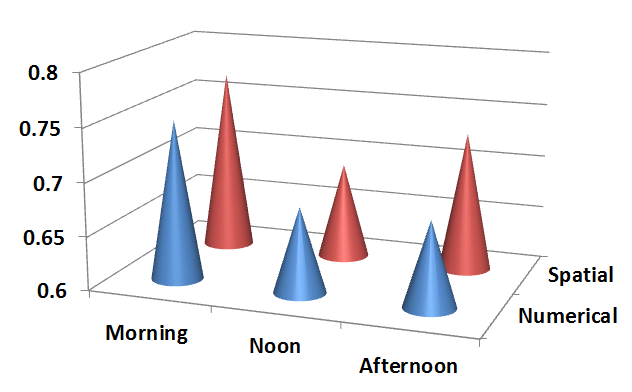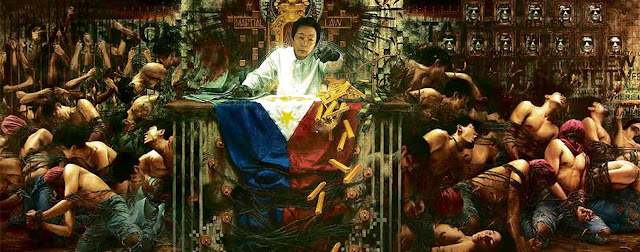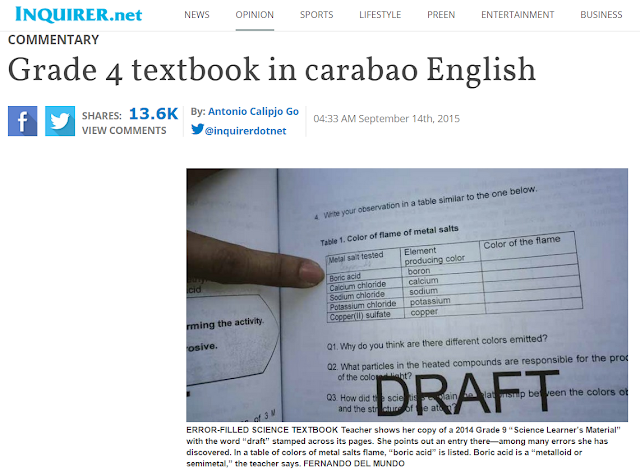What Do Students Expect and Value?

"Thank me later." This is part of Robin Berman's book " How to Raise Your Kid with Love and Limits ". The phrase acknowledges that being thankful oftentimes requires time. How we see things change as we grow older and become more experienced. Asking students about a class they are taking can sometimes yield different responses depending on when such questions are asked. Instant gratification leads us to favor what appears to be pleasing at the moment. Challenges, on the other hand, appear exactly opposite to what we expect based on a sense of entitlement. But looking back, after years have passed, we may actually thank those who have helped us grow stronger and even happier. Helping a child grow and mature is a challenge to every parent. It is likewise a challenge to a teacher. Going through kindergarten, the elementary and high school years, a child also learns what to expect and value. Education at home and school can help determine whether someone will...












